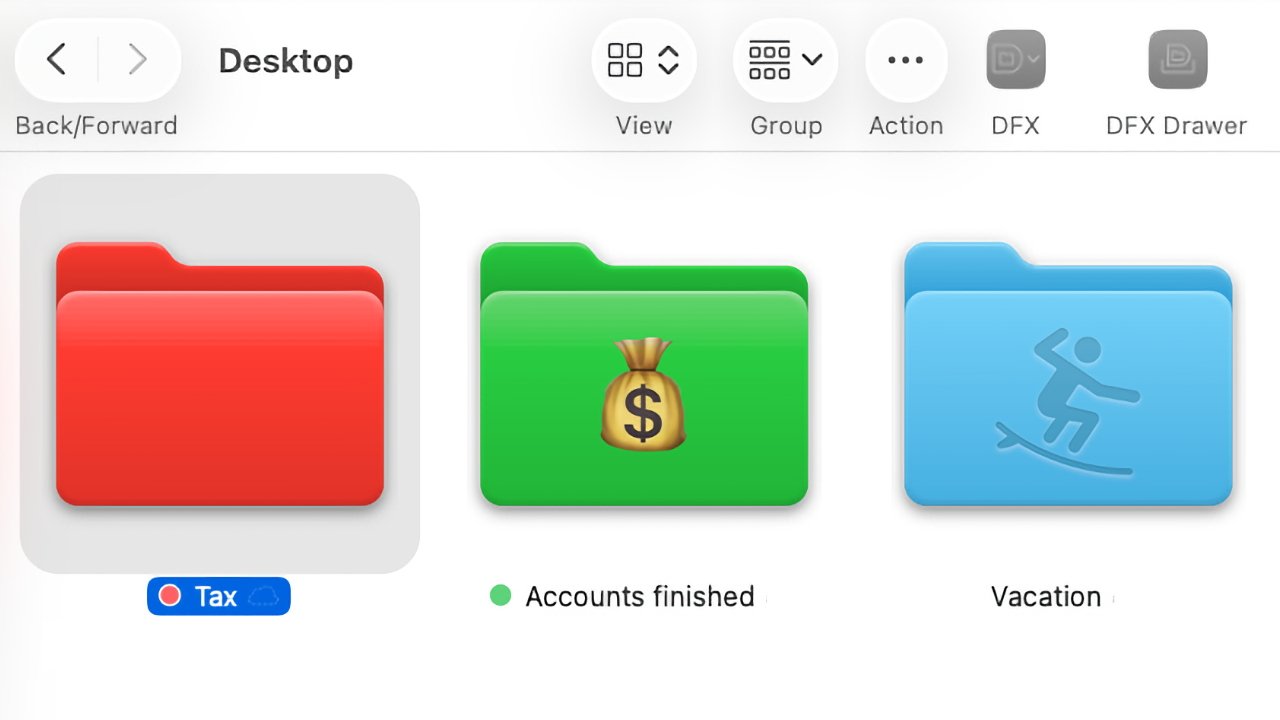In the protracted legal battle between Apple Inc. and Epic Games over App Store policies, Apple has introduced a new argument in its appeal. The tech giant is now citing a recent U.S. Supreme Court decision to challenge the scope of injunctions previously issued against it.
Background of the Legal Dispute
The conflict began in August 2020 when Epic Games, the creator of the popular game Fortnite, implemented a direct payment system within its app, circumventing Apple’s in-app purchase mechanism. This move violated Apple’s App Store guidelines, leading to Fortnite’s removal from the platform. Epic responded by filing a lawsuit against Apple, alleging antitrust violations and accusing the company of maintaining a monopoly over iOS app distribution and in-app payments.
In September 2021, U.S. District Judge Yvonne Gonzalez Rogers ruled on the case. While the court found that Apple did not hold a monopoly, it did determine that Apple’s anti-steering policies—rules preventing developers from directing users to alternative payment methods—violated California’s Unfair Competition Law. Consequently, the court issued an injunction requiring Apple to allow developers to inform users about alternative payment options within their apps.
Apple’s Compliance and Subsequent Contempt Ruling
Following the injunction, Apple made changes to its App Store policies. However, these changes included imposing a 27% commission on transactions completed outside the App Store and implementing measures that discouraged developers from steering users to alternative payment methods. Epic Games argued that these actions were designed to circumvent the court’s order.
In April 2025, Judge Gonzalez Rogers found Apple in contempt of court for willfully violating the 2021 injunction. The judge criticized Apple’s actions, stating that the company had deliberately defied the court’s mandate to maintain its substantial revenue stream from in-app purchases. As a result, Apple was ordered to cease such conduct and was referred to federal prosecutors for potential criminal contempt proceedings.
Apple’s Appeal and the Supreme Court’s Birthright Citizenship Ruling
In response to the contempt ruling, Apple filed an appeal with the Ninth U.S. Circuit Court of Appeals. In its appeal, Apple is leveraging a recent Supreme Court decision from June 2025, which addressed the scope of federal judges’ authority to issue universal injunctions. The Supreme Court’s ruling in Trump v. CASA, Inc. held that federal courts lack the authority to issue universal injunctions that extend beyond the parties directly involved in a case.
Apple argues that this precedent supports its position that the district court overstepped its authority by extending the App Store-related remedies to all developers in the United States, not just Epic Games. In its filing, Apple contends that the district court’s injunctions should be limited to providing complete relief between the parties involved and should not apply universally to all developers.
Implications of the Supreme Court Ruling on the Case
The Supreme Court’s decision in Trump v. CASA, Inc. has significant implications for the Apple-Epic Games dispute. By emphasizing that federal courts do not have the authority to issue universal injunctions, the ruling supports Apple’s argument that the district court’s injunctions were overly broad.
Apple’s appeal asserts that the district court’s new injunction, which applies to every developer in the United States, exceeds the court’s authority. The company argues that neither Epic nor the court demonstrated that such a broad remedy was necessary to provide complete relief between the parties involved.
Epic Games’ Position and the Broader Developer Community
Epic Games maintains that the changes mandated by the district court are essential for fostering a more competitive and fair environment within the App Store. The company argues that allowing developers to inform users about alternative payment methods benefits consumers by potentially offering lower prices and more choices.
The broader developer community is closely watching the outcome of this legal battle. Many developers have expressed concerns about Apple’s control over the App Store and the commissions it charges. The case has sparked a broader conversation about the balance of power between platform owners and developers, as well as the need for regulatory oversight in digital marketplaces.
Potential Outcomes and Future Implications
The Ninth Circuit Court of Appeals’ decision on Apple’s appeal will have far-reaching implications for the tech industry. If the court sides with Apple, it could limit the ability of federal courts to issue broad injunctions affecting entire industries. Conversely, if the court upholds the district court’s injunctions, it could set a precedent for increased judicial intervention in platform policies and practices.
Regardless of the outcome, the case underscores the ongoing tension between large tech companies and developers over control, competition, and fairness in digital marketplaces. It also highlights the evolving legal landscape as courts grapple with complex issues arising from rapidly changing technology and business models.
Conclusion
Apple’s decision to cite the Supreme Court’s ruling in Trump v. CASA, Inc. in its appeal against Epic Games marks a strategic move in a high-stakes legal battle. The outcome of this appeal will not only impact Apple and Epic Games but also set a precedent for how courts handle disputes involving platform policies and the scope of judicial authority in issuing injunctions. As the case progresses, stakeholders across the tech industry will be watching closely to see how the balance between platform control and developer freedom is navigated in the legal arena.



